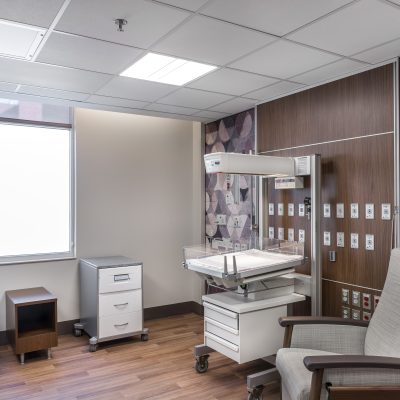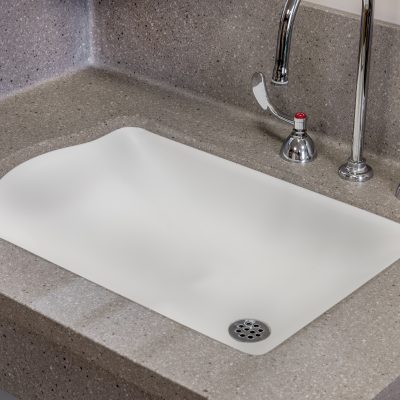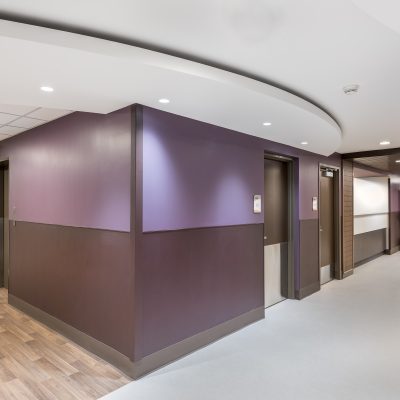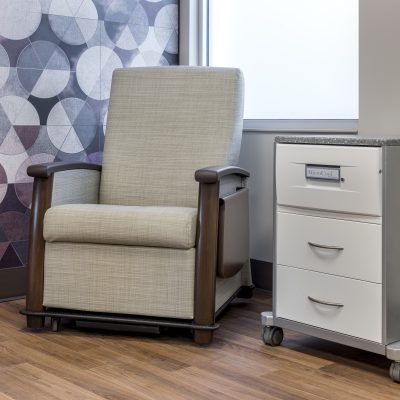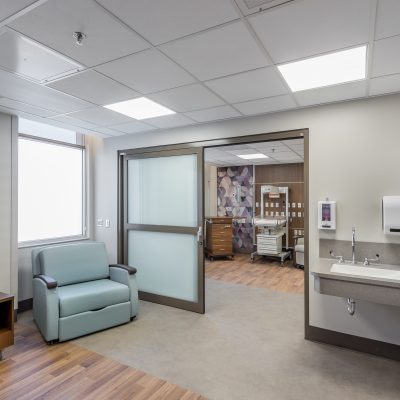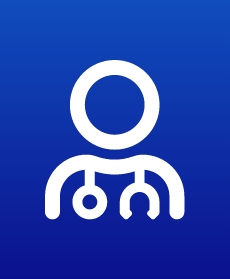Cuddler Program
For babies in the NICU, cuddling can lead to better tolerance of pain, more stable body temperatures and stronger vital signs.
The NICU Cuddler Program supports the development and growth of premature babies by providing advanced volunteer “cuddlers”. The volunteers are hospital-trained to interact with premature babies during times when their parents can’t be with them at the hospital.
Our volunteers put babies at ease in the midst of beeping monitors and the echo of machines at work. The cuddlers hold the babies, read to them or quietly sing to them. This serene interaction provides comfort and appropriate stimulation, which helps premature infants to grow faster and hopefully go home sooner. Volunteers do not feed, change diapers or walk around with the babies.
Our cuddlers go through extensive training beyond what is required of a typical volunteer at the hospital. They must maintain strict infection control practices, in addition to all the hospital and NICU policies and confidentiality requirements.

